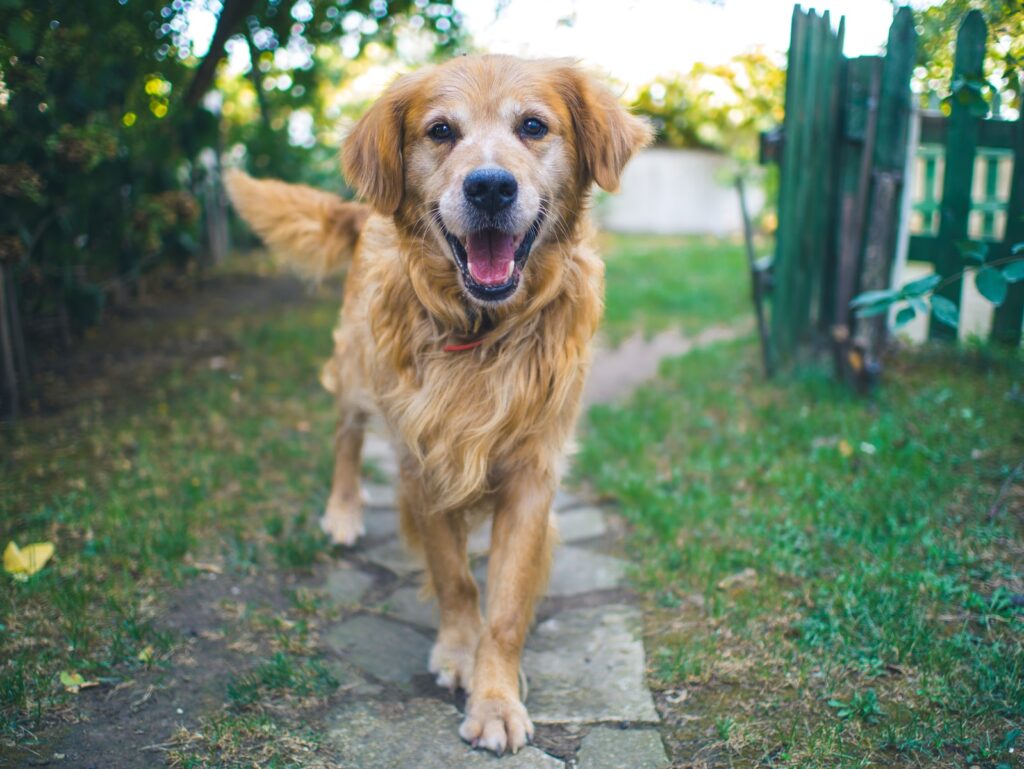Can Dogs Eat Pepperoni? — No, They can’t
Pepperoni, the delicious and savory cured meat, might be a mouth-watering treat for humans, but it is definitely not suitable for our canine companions. Despite its enticing flavors, pepperoni poses several risks to dogs and should be kept out of their reach.
Can Puppies Eat Pepperoni?
Puppies, with their delicate digestive systems, are even more vulnerable to the harmful effects of pepperoni. It is strongly advised not to feed pepperoni to puppies as it can cause severe digestive discomfort and potential health issues.
Why is Pepperoni Harmful for Dogs?
There are several primary dangers associated with dogs consuming pepperoni:
- High Fat Content:
Pepperoni is high in fat, which can lead to obesity and contribute to other health problems such as pancreatitis. Dogs require balanced diets, and excessive fat intake can have long-term negative effects on their overall well-being.
- High Sodium Content:
Pepperoni is also loaded with sodium, which can be harmful to dogs. Excessive sodium intake can lead to dehydration, increased thirst, electrolyte imbalances, and even salt poisoning.
- Spices and Seasonings:
Pepperoni contains various spices and seasonings that can be potentially toxic to dogs. Ingredients like garlic and onion powder can cause digestive issues and damage to red blood cells, leading to anemia.
Symptoms to Watch Out For After Dogs Consume Pepperoni
- Upset Stomach: Dogs may experience vomiting, diarrhea, or abdominal pain after consuming pepperoni.
- Increased Thirst: The high sodium content in pepperoni can cause dogs to become excessively thirsty.
- Pancreatitis: The high fat content in pepperoni can trigger inflammation of the pancreas, resulting in severe pain and digestive issues.
Immediate Steps to Take if Your Dog Eats Pepperoni
- Monitor Their Condition: Keep a close eye on your dog for any signs of discomfort or sickness. If symptoms persist or worsen, contact your veterinarian immediately.
- Avoid Future Consumption: Ensure that your dog does not have access to any more pepperoni to prevent further harm.
- Encourage Fluid Intake: Provide your dog with plenty of fresh water to stay hydrated and help flush out any potential toxins.
Safe Alternatives to Pepperoni
While pepperoni should be avoided, there are safe alternatives that dogs can enjoy. Consider offering your furry friend these safer food options instead:
- Carrots — Carrots are low in calories and high in fiber, making them a healthy and crunchy snack for dogs.
- Chicken — Cooked chicken without seasoning can be a tasty and protein-rich alternative to pepperoni.
- Apples — Apples are a great source of vitamins and can satisfy your dog’s cravings for something crunchy.
Conclusion
In conclusion, pepperoni is not suitable for dogs due to its high fat, sodium content, and potentially toxic ingredients. It is essential to prioritize your dog’s health and well-being by avoiding feeding them harmful foods. Keep an eye out for symptoms if your dog accidentally consumes pepperoni and consult your veterinarian if any concerns arise. Remember, there are plenty of safe and healthy alternatives to treat your beloved canine companions.
Frequently Asked Questions
Can dogs have a small piece of pepperoni?
Due to the risks associated with pepperoni, it is best not to offer your dog any amount of it.
Will a small amount of pepperoni harm my dog?
Even a small amount of pepperoni can potentially cause digestive issues, pancreatitis, and other health problems in dogs. It is advisable to avoid giving pepperoni to your furry friend altogether.
What should I do if my dog accidentally eats pepperoni?
If your dog consumes pepperoni, closely monitor their condition for any signs of discomfort or illness. Provide plenty of fresh water and contact your veterinarian if symptoms persist or worsen.
Are other cured meats like salami and sausages safe for dogs?
Cured meats such as salami and sausages pose similar risks to dogs due to their high fat, sodium content, and potentially harmful ingredients. It is best to avoid feeding these to your canine companions.






